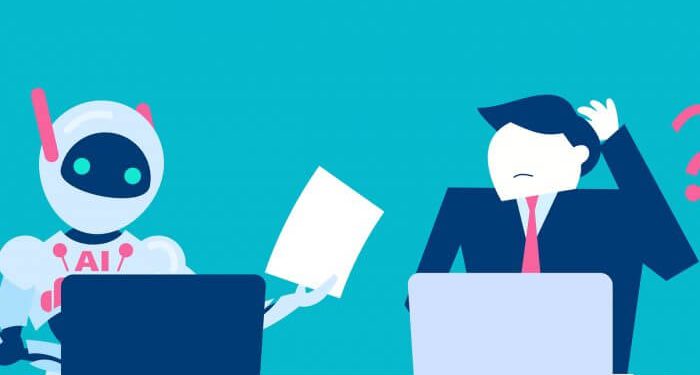Hiring is an important function in any organization. The quality of a company’s hiring process determines its path forward. Unfortunately, hiring is subject to several unconscious biases. Given their unconscious nature, recruiters and interviewers will be unaware of them, and thus hurt their organization despite their best intentions.
AI has grown by leaps and bounds, and as the number of relevant use cases rises, recruiters have begun wondering whether AI can smooth hiring decisions and objectively deliver the best-qualified candidates at all times. A few companies, such as Unboxable, believe they have the solution.
Here’s how AI is playing a role in changing how companies recruit and hire.
Prioritizing Skills
These days job candidates receive training for skills from unconventional sources. For instance, in the technology sector, many in-demand skills don’t have college courses backing them up. Talented candidates tend to be self-driven and pick these skills up laterally while performing other tasks.
These reasons explain why companies like Google famously don’t require candidates to possess a university degree. Skills are all that matter and traditional metrics such as resumes and questionnaires box candidates in. As their name suggests, Unboxable aims to remove these arbitrary boundaries and get companies focused on the most important data points connected to a job.
For instance, if a company is looking for a front-end developer, Unboxable allows hiring team members to create a job simulator. All they need to do is specify relevant skills, along with qualitative skills ideal candidates would have, and Unboxable does the rest.
The AI-driven algorithm prepares a job simulator, where candidates can display their skills and receive a rating. Questions posed to candidates are based on inputs from hiring managers. Thus, there is no focus on the candidate’s background, apart from the skills they possess. Thanks to being tested directly on the skills they’ll be expected to display on the job, they can rest assured that they’re receiving a fair shake.
Research conducted by Unboxable highlights that 74% of hiring managers admit to hiring the wrong candidate. While the reasons for such mismatches are many, there’s no denying that making the process as objective as possible is the way forward.
Some companies focus on creating scorecards but even these fail to remove subjectivity since face-to-face interviews can introduce unconscious biases. Unboxable’s AI engine helps personalize job interviews to help companies find the right talent while maximizing all parties’ time during the process.
Best of all, the job simulator is code-free and can be built with just a few clicks and text-based inputs.
Speeding Up Hiring
Traditionally, hiring is a tedious task. Companies spend a lot of time interviewing candidates and trying to be as objective as possible. While taking time evaluating candidates is the right thing to do, the process is moot if biases aren’t eliminated from the process. Lengthier hiring cycles don’t guarantee this will occur.
What typically ends up happening is that companies spend 42 days (on average according to Unboxable), wasting their and the candidate’s time only to hire the wrong person. AI is changing this process, by promising to cut hiring times down to 7 days.
A big part of this cut is the way Unboxable’s hiring engine allows companies to predict hiring matches and fit. Companies can create a skill matrix and evaluate talent against it. For instance, they can create a list of technical skills and cultural skills that they expect candidates to possess.
The system creates a map of all interviewees’ skills, giving recruiters a visual cue to evaluate candidates. For instance, if a candidate possesses great technical skills, but scores low on the cultural fit questions, Unboxable’s algorithm displays a chart that highlights how a candidate ranks along with a number that predicts how good a fit this person will be.
The company claims its engine can predict hiring fit with 93% accuracy and has a track record to back it up. Best of all, the visual cues make it easy for hiring teams to evaluate candidate strengths, and this opens opportunities for lateral placement.
For instance, an applicant for a front-end development job might be highly-qualified in just a few programming languages, making them a bad fit for one job. However, their deep expertise combined with great communication skills might make them a good fit for another role, with the potential for them to move to the original role in time. The lack of a few skills should not mean that the company misses out on a great hire.
Removing Biases Intelligently
While AI algorithms cannot claim to be completely unbiased just yet, they do eliminate many of the pitfalls that come with recruiting. By getting recruiters to focus on the right skills, companies can source the best talent and more importantly, retain top talent for longer.
Follow Techdee for more informative articles.





